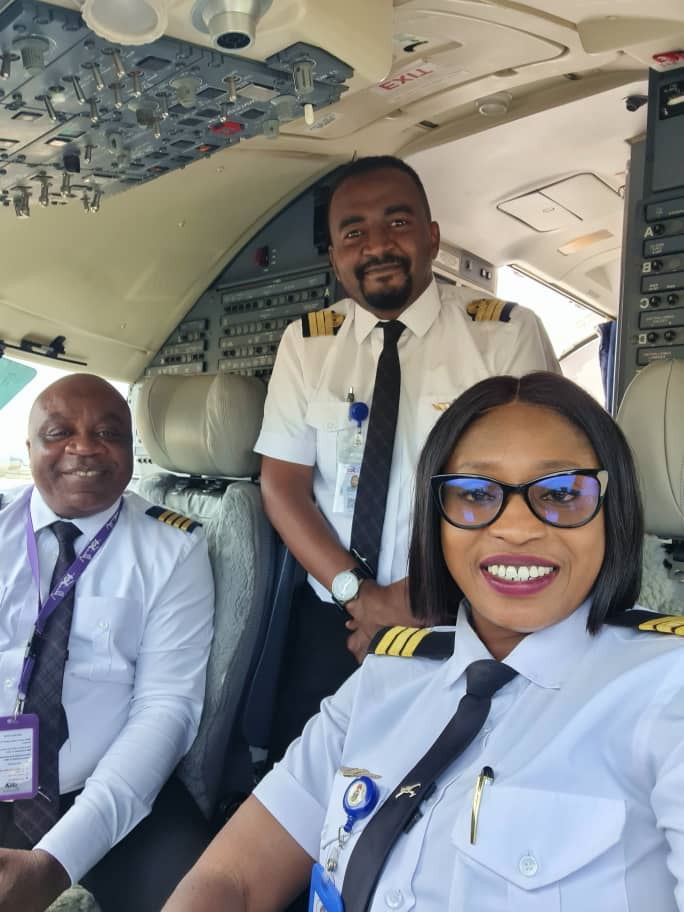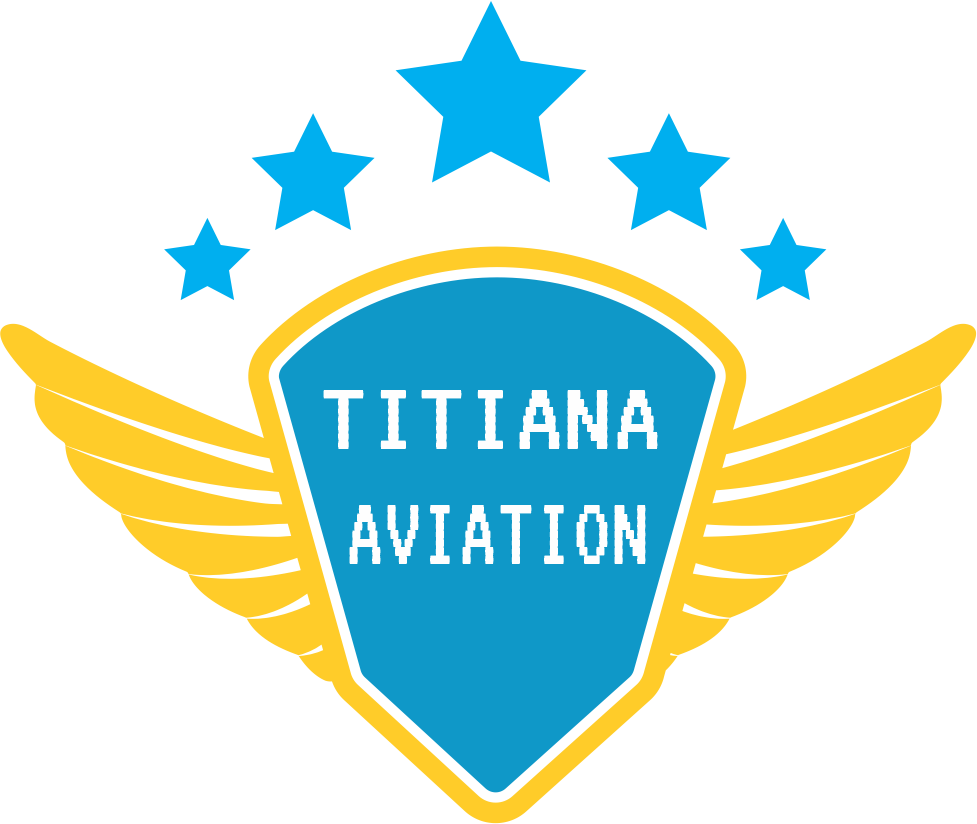Aviation Management Training

Aviation Management Training
Our Aviation Management Training encompasses a wide range of courses and programs
designed to equip individuals with the knowledge and skills necessary to oversee and manage various aspects of the aviation industry. The training
covers a wide array of topics, from operational management and safety protocols to financial planning and customer service; and it is suitable for
those aspiring to roles in airport management, airline management, aviation consultancy, and regulatory bodies. By equipping individuals with the
necessary knowledge and skills, these training programs ensure that aviation operations are conducted safely, efficiently, and in compliance with
regulatory standards, ultimately contributing to the success and growth of the aviation industry in Nigeria.
Core Components of Our Aviation Management Training
Aviation Operations Management
- Airport Operations: It includes the understanding day-to-day operations of an airport, passenger services, baggage handling, and terminal management.
- Airline Operations: Includes management of airline logistics, scheduling, fleet management, and customer service.
Safety Management Systems (SMS)
- Risk Management: Identifying, assessing, and mitigating risks within aviation operations.
- Safety Protocols: Developing and implementing safety protocols and procedures to ensure compliance with regulatory standards.
Regulatory and Compliance
- Aviation Law: Understanding national and international aviation laws and regulations, including those from bodies like the NCAA, FAA, EASA, and ICAO.
- Compliance Management: Ensuring that aviation operations comply with legal and regulatory requirements.
Financial Management
- Budgeting and Financial Planning: Techniques for budgeting, financial forecasting, and managing financial resources in aviation sector.
- Cost Control: Strategies for managing and reducing costs without compromising standards, safety and service quality.
Human Resources Management
- Staff Training and Development: Strategies for recruiting, training, and developing aviation personnel.
- Labour Relations: Managing relationships between management and staff, including negotiations with unions.
Customer Service and Public Relations
- Passenger Experience: Enhancing the passenger experience through effective service delivery and customer care initiatives.
- Crisis Management: Handling public relations and communication during crises or emergencies.
Strategic Management
- Business Strategy: Developing and implementing business strategies to ensure competitive advantage and long-term success.
- Market Analysis: Analysing market trends, customer preferences, and competitive dynamics in the aviation industry.
Technology and Innovation
- Aviation Technology: Understanding the role of technology in aviation operations, including airport management systems, air traffic control technology, and airline reservation systems.
- Innovation Management: Promoting innovation and the adoption of new technologies within aviation organizations.
Specialized Areas of Our Aviation Management Training
Airport Management
- Infrastructure Management: Overseeing the maintenance and development of airport infrastructure.
- Environmental Management: Implementing sustainable practices and managing environmental impacts of airport operations.
Airline Management
- Route Planning and Development: Planning and optimization of flight routes and schedules.
- Revenue Management: Strategies for maximizing revenue through pricing, capacity management, and ancillary services.
Cargo Management
- Logistics and Supply Chain: Managing the logistics and supply chain aspects of air cargo operations.
- Freight Handling: Efficient handling, storage, and transportation of air cargo.
